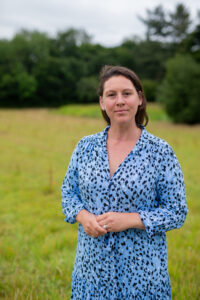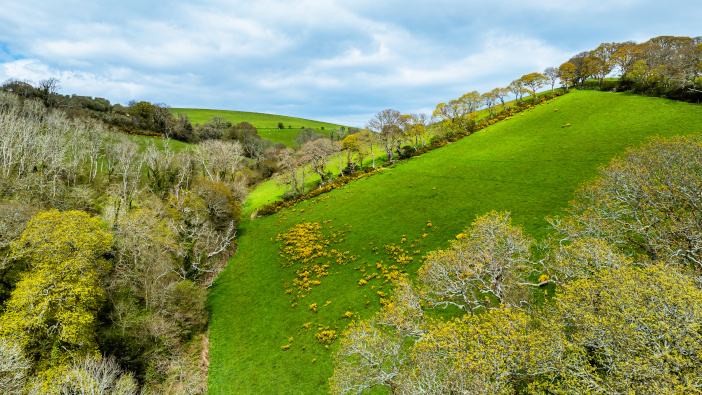Despite challenges from political and environmental factors, farmland values have remained resilient, according to Knight Frank.
Farmland values edged up slightly during 2024, according to the latest Knight Frank Farmland Index, which tracks the value of bare agricultural land in England and Wales, with plenty of active buyers in the market.
The index showed average values at the start of the year of £9,152/acre; 12 months on, there was a marginal increase of 0.1% to £9,164/acre.
“The knee-jerk reaction in the wake of the Autumn Budget was to worry that farmland values would slide significantly, but so far and given the time of year, when sales are notoriously slower, there have been too few transactions to back that theory up,” says Alice Keith in Farms & Estates at Knight Frank.
“While the changes to Inheritance Tax are, of course, extremely unwelcome and ill-considered, with careful succession planning it will be possible for many farmers and landowners to mitigate them. We don’t foresee that the changes will deter any significant proportion of potential buyers nor see an immediate impact on the current supply-and-demand dynamics of the farmland market.
“We are not seeing any signs of a significant rise in land coming to the market in 2025. Without that kind of surge, I don’t expect to see land values weaken radically over the next 12 months.”

She adds that events in 2024, from wet weather and flooding, delayed grant schemes, the budget and the rapid reduction of the Basic Payment Scheme, show the inherent resilience of agricultural land.
“Its performance as an asset – outpacing gold, equities, and residential property in recent years – underscores its security and growth potential,” advises Alice. “Furthermore, prospects for marginal areas that were previously thought to be unproductive, are being driven by the environmental potential for land.
“In the net-zero era, various opportunities exist for uplift in value and income potential for marginal land which might be unsuited to commercial agriculture. Funding from the public and private sectors will support a number of alternative uses for biodiversity, carbon offsetting, renewable energy, and tree planting.”
These continue to make farmland an attractive investment for buyers, as shown by the recent sale of the Rothbury Estate in Northumberland to the Royal Society of Wildlife Trusts.
The estate encompasses 9,486 acres of grassland, moorland, and woodland, along with a portfolio of farms and cottages, including sites of special scientific interest (SSSI).
Claire Whitfield, partner, Knight Frank commented: “Throughout a considered sales campaign of the Rothbury Estate, we received extensive interest in this exceptionally rare opportunity from our network of environmentally conscious prospective buyers.
“This highlights the appeal of beautiful, nature-rich environments like these to a wider range of purchasers than we may previously have observed.”



